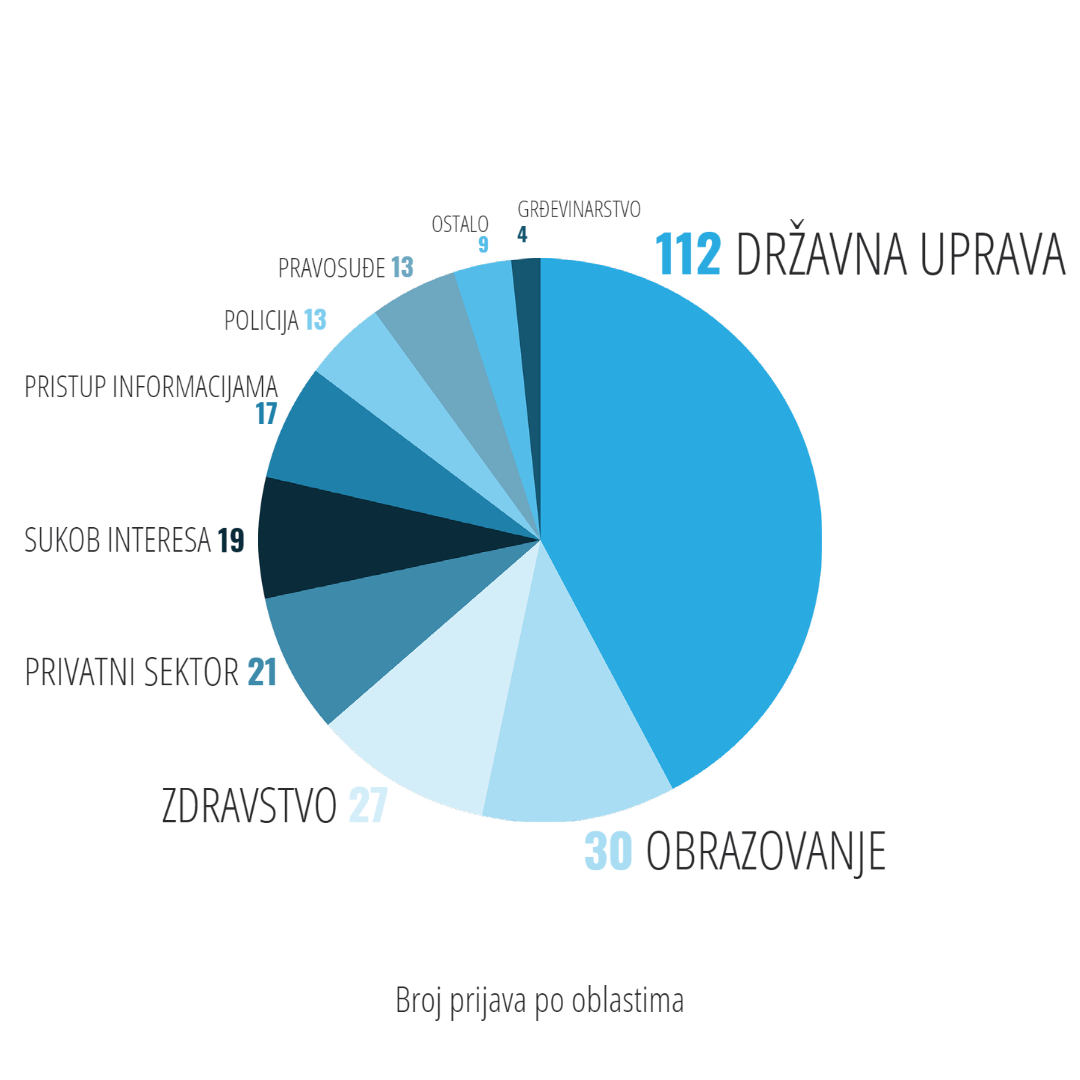“Party management of schools must stop” – TI BiH proposes that with the new Law on Basic Education of the RS, school boards appoint principals
TI BIH invites the Ministry and representatives in the National Assembly of the RS to establish mechanisms that will enable the reduction of the influence of politics on the management of school institutions, which will certainly lead to an improvement in the quality of education.
Due to the negative consequences of the current party management of educational institutions in Republika Srpska, Transparency International in BiH (TI BIH) believes that a good...
Press releases ● 27 May 2022
Izvještaji za Mediae
“Party management of schools must stop” – TI BiH proposes that with the new Law on Basic Education of the RS, school boards appoint principals
Press releases ● 27 May 2022
Due to the negative consequences of the current party management of educational institutions in Republika Srpska, Transparency International in BiH (TI BIH) believes that a good opportunity for essential reform is the adoption of the New Law on Basic Education of the RS, which will be presented to the deputies at the next session. TI BIH sent comments on the proposed draft law to the Ministry of Education and Culture of the RS, in which the need to reduce the influence of the Government of the Republic of Srpska on the appointment of principals of primary schools is emphasized.
This type of management in the previous period led to party distribution of management positions, which was later reflected in the depth and party employment of teaching staff, and TI BiH receives numerous applications for rigged competitions, illegal transfers, as well as complaints from parents about the quality of education. In two cases, there were even boycotts of classes and protests by children and parents dissatisfied with frequent changes in teaching staff and increasingly obvious examples of party recruitment.
That is why TI BiH’s proposal is that the school board, as a heterogeneous and participative management body, has a key role in appointing the director, who will be elected after a public competition. In the new law, which is referred to the procedure, it is still foreseen that the Government of the RS appoints directors on the proposal of the minister and even leaves the possibility that the minister does not propose a single candidate from the list submitted by the school board after the competition. TI BIH believes that it is completely inappropriate to conduct a competition procedure for the selection and appointment of directors, to spend material and human resources on the selection procedure, and then to leave the possibility that not a single candidate is proposed. This enables the Government of the RS to appoint acting directors, which was a frequent practice in the previous period, especially when concluding coalition agreements of the ruling parties.
TI BiH also proposes that directors be elected for a maximum of two mandates, which would be limited to five years, that candidates for the position of director must submit a work program proposal, and that the school board has the obligation to seek an expert opinion on the quality of that program, which would ultimately affect the outcome of the competition.
In addition to the above, the draft of the new law stipulates that the Government, on the proposal of the Ministry, appoints a Council for the Development of Pre-School, Primary and Secondary Education and Education, and TI BIH proposes that the procedure for selecting the members of this Council be carried out on the basis of a public competition, with the determination of clear criteria that candidates must meet .
TI BiH previously sent similar proposals to the Ministry of Education and Culture of the RS, but this initiative was not accepted. With the support of parents of a Banja Luka elementary school and three BiH human rights ombudsmen, the campaign “Politicians leave class” was launched in order to draw the public’s attention to this problem. The ombudsmen, who also receive numerous reports from teachers and parents, then highlighted the problem of the increasingly frequent practice of partisan employment and keeping teaching staff on fixed-term contracts, which creates eligible and obedient staff who do not usually act in the best interest of children.
That is why TI BIH calls on the Ministry and representatives in the National Assembly of the RS to accept these proposals and establish mechanisms that will enable the reduction of the influence of politics on the management of school institutions, which will certainly lead to an improvement in the quality of education.













